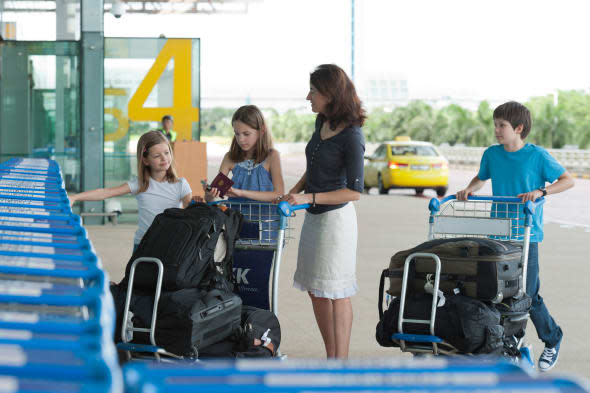Summer scamwatch: transport fraud

Stay one step ahead of the fraudsters this summer with our series of articles on the scams they use to trick holidaymakers out of their hard-earned cash.
This week, the various scams to look out for when you travel by taxi or bus overseas.
How does it work?
Taxi drivers are well known for deliberately taking longer routes to increase the fare if they think their passengers do not know the area.
This is far from the only type of scam operated by taxi drivers overseas, though.
Recently reported problems include drivers in Asia "accidentally" dropping people's change on the floor and then handing over less valuable notes or coins, and taxis in the US that drive off with one of your bags - often a smaller one - still in the boot.
Elsewhere, some taxi drivers will offer you "sight-seeing tours" that actually involve them driving you to various shops and cafes where they receive commission on anything you buy, while others will offer you drugs then hand you over to fake police who demand a large "fine".
You should also be on your guard when taking buses or coaches abroad. The luggage compartments of overnight buses in Thailand can sometimes be searched by thieves.
And in Spain, gangs have been known to hide small thieves in bags so that they can get out and steal people's valuables while buses and coaches are travelling to tourist destinations.
How can I avoid being caught out?
The best way to avoid being scammed - or worse - by a taxi driver is to always take a licensed private hire vehicle and to ask to see documentation if you are unsure.
If there is a meter, you should also make sure the driver turns it on. Keep anything you can't afford to lose with you rather than putting it in the boot - and remove any bags from the boot before paying the fare.
Before setting off on holiday, it also makes sense to familiarise yourself with the local currency (including roughly how much the various notes are worth in pounds) and to check out the average length and cost of any journeys you know you are going to have to make.
You could, for example, call your hotel and ask how much a taxi from the airport should cost.
I've been defrauded. What should I do?
In some cases, you have to put paying too much for a taxi ride down to experience. However, if you take a licensed taxi, you can make a complaint if the driver overcharges you.
A reputable company should reimburse you if you can prove that the journey in question was too expensive, for example by producing a receipt. Just remember to note down the name of the taxi firm and the driver's number (this information is often on the receipt).
If you have your belongings stolen, meanwhile, you should report the theft to the local police and your travel insurance provider. You can then make a claim on your return.
A few more scams to keep an eye out for:
Summer scamwatch: timeshare fraud
Summer scamwatch: holiday clubs
Summer scamwatch: travel company fraud




